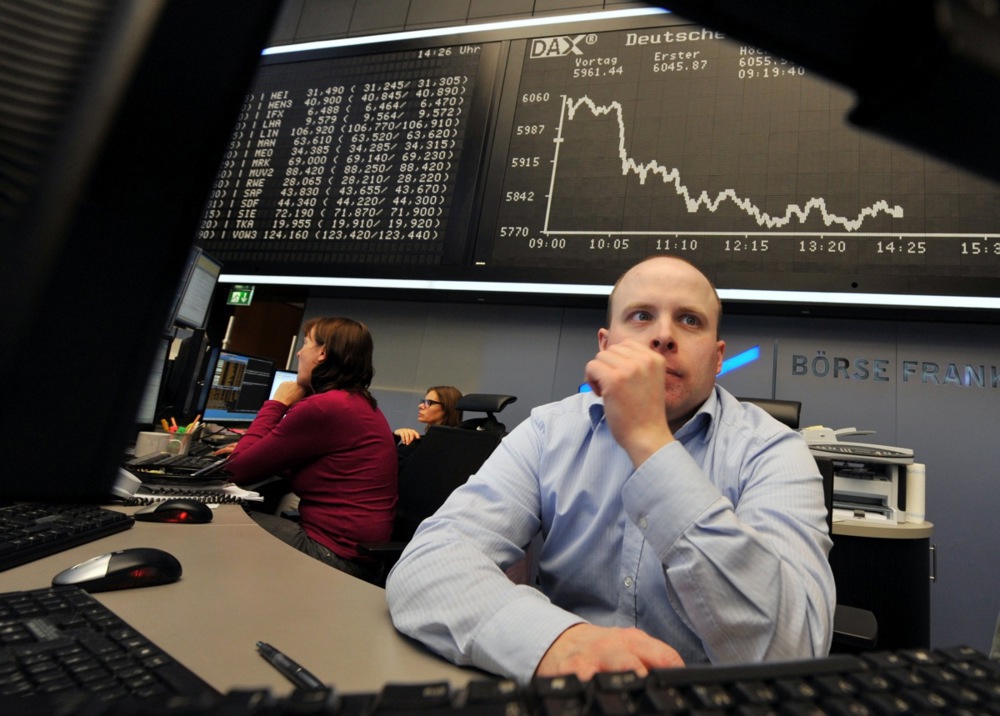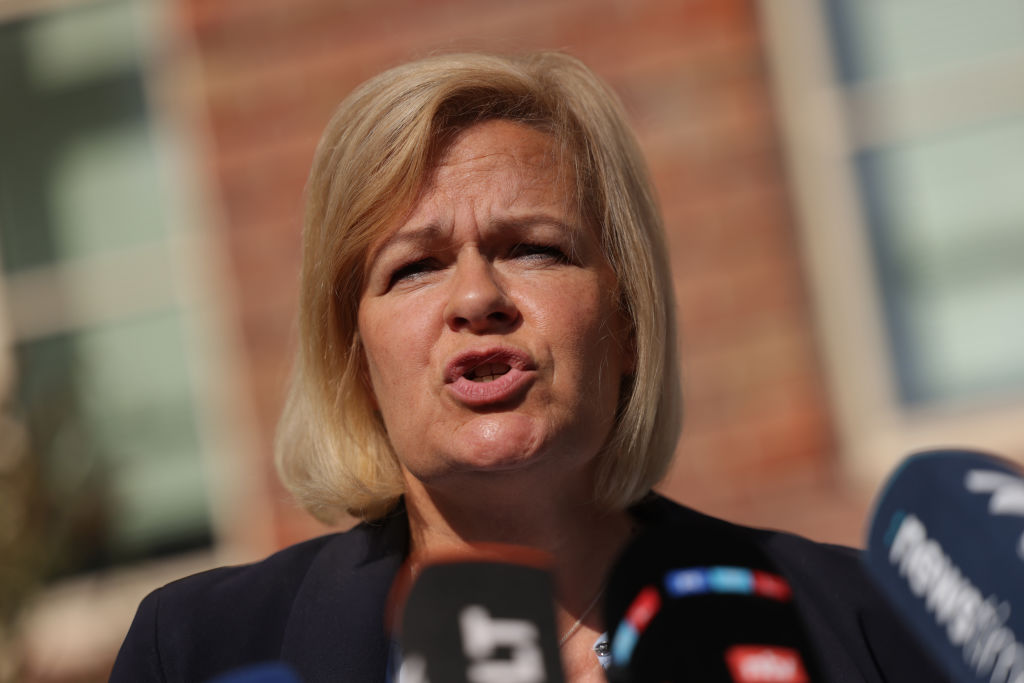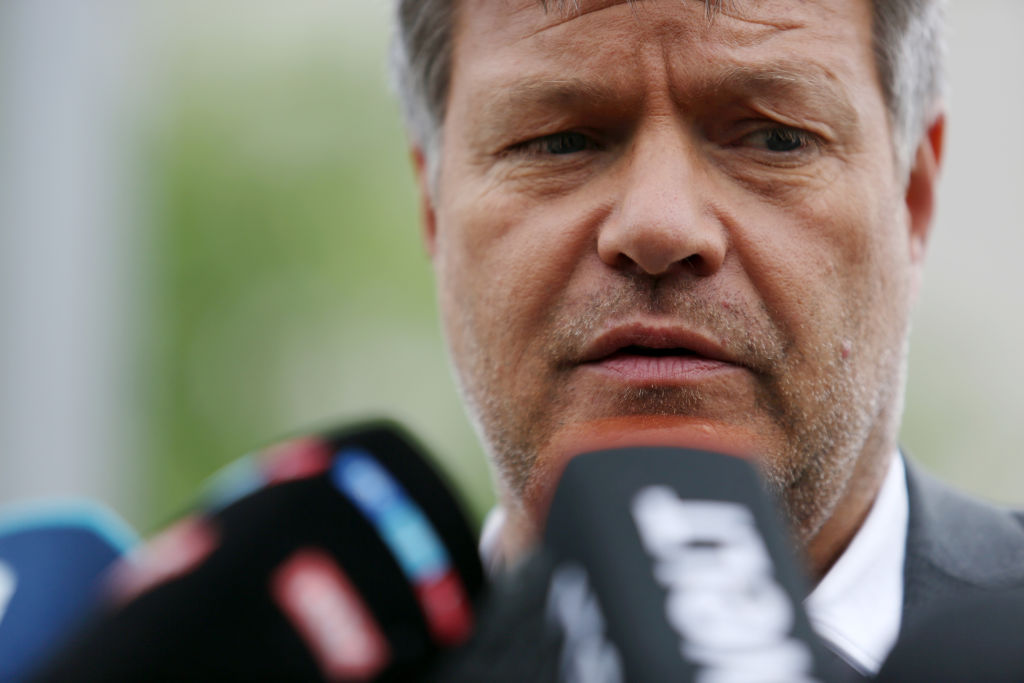Germany’s ruling Social Democratic Party (SPD) is plotting the introduction of a wealth tax on assets amidst the country’s worsening economic situation, local news media have reported.
The plans have already provoked outrage from the right-wing opposition Christian Democratic Union (CDU), a party aligned with the European People’s Party, warning that the tax would only hasten the country’s decline.
According to a report by daily Tagesspiegel on October 15, SPD leaders have insisted the levy on assets would allow the federal government to reduce the tax burden for 95 per cent of the general public.
“This is about the working middle-class, about the working families in this country,” party representative Achim Post told local news outlets.
Some publications claimed the move had public support, citing a survey which found that around 60 per cent of Germans were in favour of a wealth tax applying to assets valued at €1 million or more.
But CDU leader Friedrich Merz has warned that the move would spell “disaster” for Germany amid its declining economic situation, before denying the SPD’s claim that it would help Germany’s increasingly pressured middle class.
“No. That is a burden on the middle class,” he said.
Merz warned that the “maths doesn’t add up” with the plan and that the wealth tax would unfairly target the people in Germany who are already paying the most tax.
“They are the top performers in our society,” he said.
“They are often medium-sized entrepreneurs, they are the craft businesses. If you implement what the SPD decided today, relieve 95 per cent of the tax burden and tax 1 per cent, then with the 1 per cent you will have a 60 per cent tax burden-plus.
“More government, more debt, more bureaucracy, higher taxes for the rich, as the SPD likes to call it. If they continue to use this jargon in Germany, then we should not be surprised at the migration of companies to neighbouring countries in Europe,” he added.
Germany under SPD Chancellor Olaf Scholz has struggled economically in recent years, with a combination of the country’s energy and Covid-era lockdown policy leaving it with substantial inflation and high fuel costs.
Attempts to fill this budgetary hole have so far fallen through, with issues in neighbouring France prompting wider concern about the EU economy as a whole.
German chemistry giant BASF has said it was contemplating the closure of one in seven facilities at its main plant in Ludwigshafen. https://t.co/l3H7kOa7Ff
— Brussels Signal (@brusselssignal) September 26, 2024





